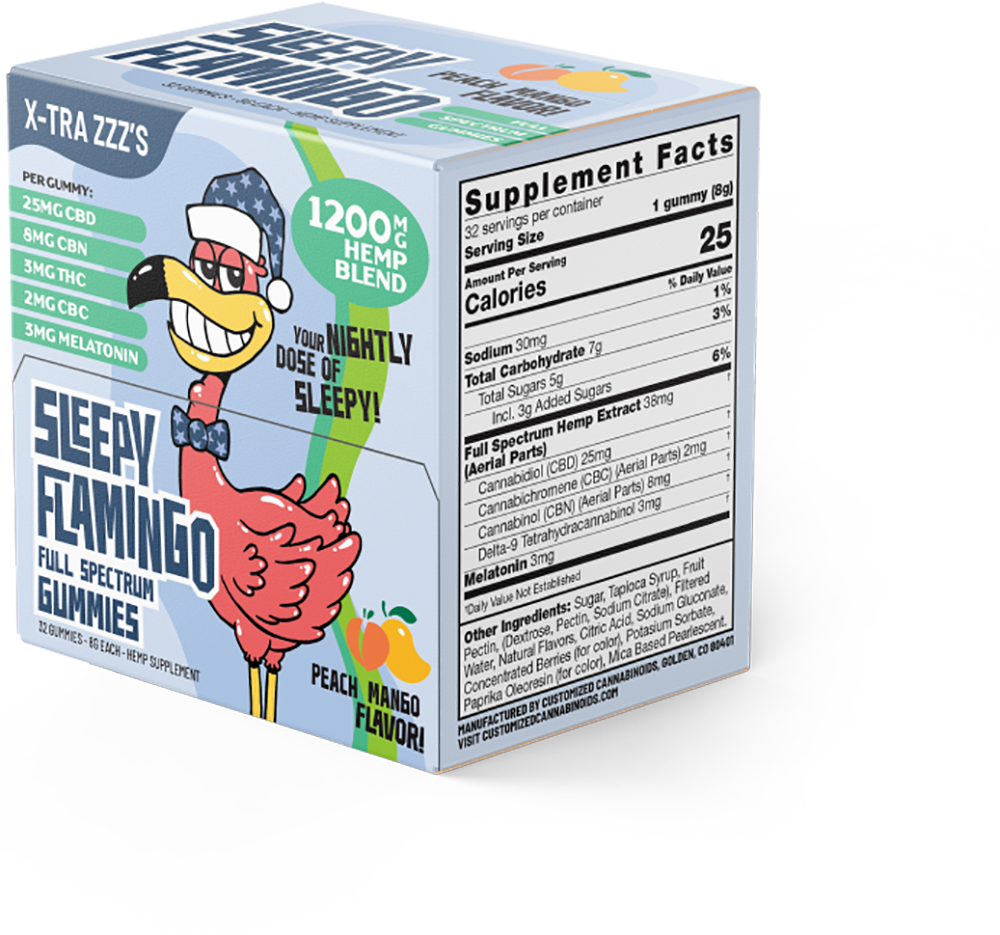
While we do make exceptions in some cases, we typically don’t work with companies who aren’t related to the CPG industry.
We recommend two things:
1. Sending an email, introducing yourself and including any designed materials you already have for your project (such as a logo or current packaging design, etc…)
2. Signing up for a 15-minute call on Calendly.
We prefer email, unless a conversation is warranted. In that case, please visit Calendly to book a call with us.
Please note – intro calls are complimentary. When we send your proposal, we’ll include verbiage as to how many hours of calls are included in your set price. After that, we charge hourly for calls.
Proposals are sent as an email, and include the following:
• The scope of your project
• The quote for your project
• The timeline for your project
• The materials needed from you to get started
We always need a deposit. If you’re a new client or a new website client, we need a contract signature. If you have any branding materials or current packaging designs, we need vector versions (AI, EPS, SVG, and sometimes PDF) of those.
If you don’t have vector versions, then send us what you do have, and we’ll see if we can work with it.
Fiverr is a great option for inexpensive concepting, but packaging design is strategic AND technical. You want someone with experience who knows the industry, is updated on the latest trends, understands FDA and USDA guidelines, and can properly set up a file for print. That last point is especially tricky, and one that many designers, Fiverr or not, get wrong.
In addition, it’s important to have trust and an established relationship with your packaging designer so they can keep and maintain packaging files for you, and help your brand grow over the years.
Our prices vary greatly depending on the project. These are the major factors considered:
• The amount of branding your company currently has
• Whether you have a vision for your product or not
• The size of your packaging
• The amount of options delivered in Round 1 for review
• The amount of rounds of revisions included
If possible, we really encourage clients to give us their budget for packaging (or marketing) before we quote the project. Your budget directly correlates to the amount of time we spend on your project. And the more time spent usually equates to a better design.
BUT, we really try to work with most budgets as our core mission is to help startups receive agency-quality work without the agency price. So don’t fret if you don’t have thousands to spend on packaging. And we’re accustomed to sending proposals without hearing the potential client’s budget first!
Normally, the biggest lead time that you will experience is right before Round 1 of Design delivery. This is because Round 1 of Design takes the most time to produce in both hours and brain space. This can be anywhere from 1 week, for simple projects, and up to 4 weeks, for more complex projects.
Once Round 1 of Design is delivered, the project moves much more quickly. We can typically get to Round 2 of design within 1-2 weeks. If you just have small updates after Round 1, those can take a few business days to complete.
We do! Depending on when you need something, we may charge a rush rate, which is 1.5x our regular rate. Always keep us informed of hard deadlines, so we can do what we can to accommodate.
If your project is for a new brand without any existing materials, it is more advantageous for the design process to not rush – both for our designers and for your review process.
Your nutritionals are defined as your ingredient deck, allergens, and nutrition facts panel (or supplement facts panel for supplements). While we include these elements in the design of your packaging, you will need to provide us with the data for these materials.
Usually your copacker will provide these. If they don’t, we recommend an online service like Recipal.
When you sign on to work with us, we will provide more information on this, and can assist with the barcode process.
When you sign on to work with us, we can assist with this. The industry term for this information is “romance copy”.
We do! But it depends on who your printer is. If it’s a printer we’ve worked with before, then it’s likely that we can handle the printing process for you. If the printing process requires a lot of extra time, we may charge an additional fee.
And if we are paying for the printing charges and rebilling you, the client, we do require that your final invoice is paid before the printed materials move into production.
For new brands, we recommend starting out with the minimum amount required for your copacker to produce your first run of product. Yes, this will lead to a higher price per label, but with it being your first run, this is also the first time you’ll be seeing your packaging IRL. You want to make sure that you like how the colors turn out, and that there are no glaring issues.
After the first run, we recommend about six months’ worth of labels, but make sure your copacker is okay with storing the overages before placing that larger order.
We love this question! Here are some options for what we like to call “special printing techniques”:
• A unique substrate, such as metallic, clear, or kraft.
• A unique finish, such as spot gloss. This is when certain graphics on your label have a shinier look to them.
• A unique die. Think of a die as a cookie cutter that cuts out the shape of your label. What if that shape was more special than just a rectangle?
Because different formats serve different purposes. Here’s the breakdown of each file type:
• AI files are Illustrator files (vector) – this is the program that the design was created in. Save this file for any future designers who may work on your brand.
• EPS files are vector files that should be used for printed materials. If you need to send your file to a print company, this is a safe file format to provide.
• PDF files are vector (at least, how we save them – they’re vector) but they can also be viewed by people without the Adobe programs. If you need to send your file to a print company, I’d recommend sending this format as well.
• JPG files are raster and should only be used for digital purposes. JPGs cannot be transparent, but their file size is smaller than that of a PNG.
• PNG files are raster and should only be used for digital purposes. PNGs can be transparent, but their file size is larger than that of a JPG.
Reach out, and we’ll make packaging artwork for your new SKU! Once a packaging design is solidified, creating packaging for additional flavors or SKUs is much easier, as we’re just switching out content and updating colors or graphics to fit the new flavor or SKU.
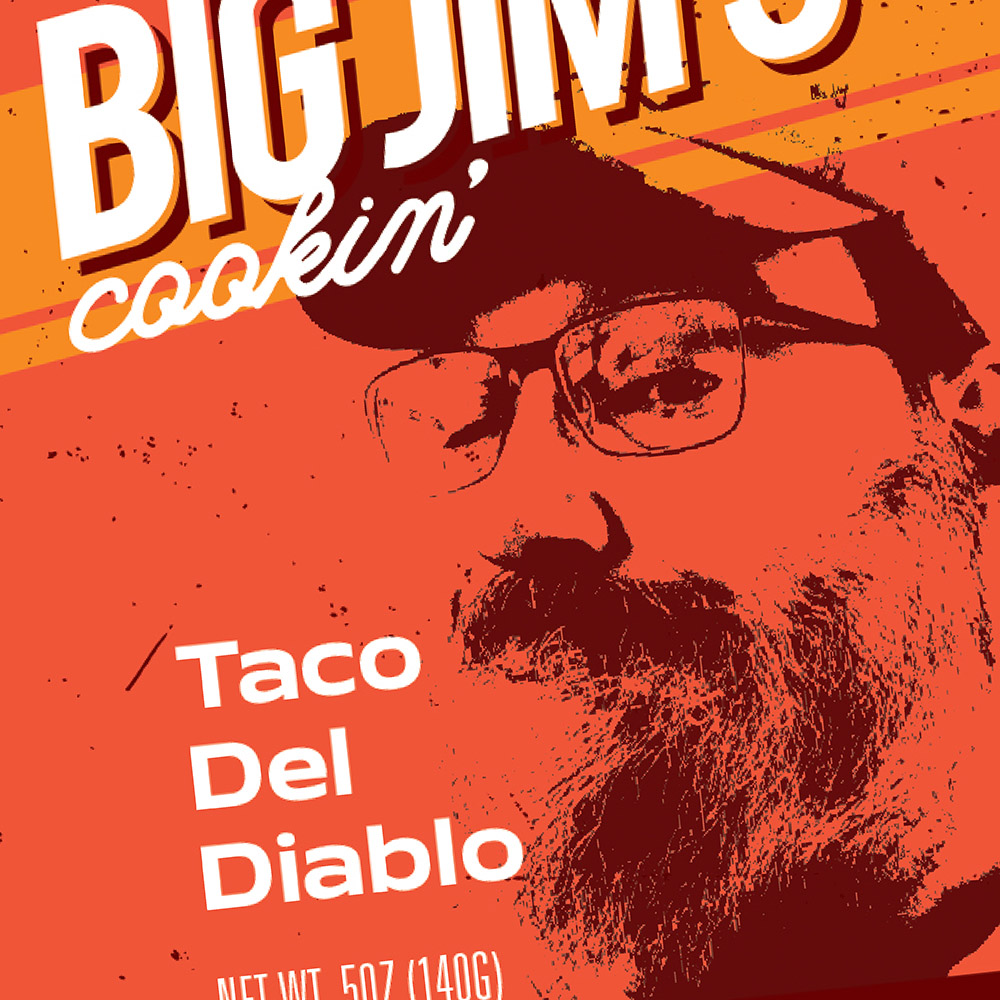
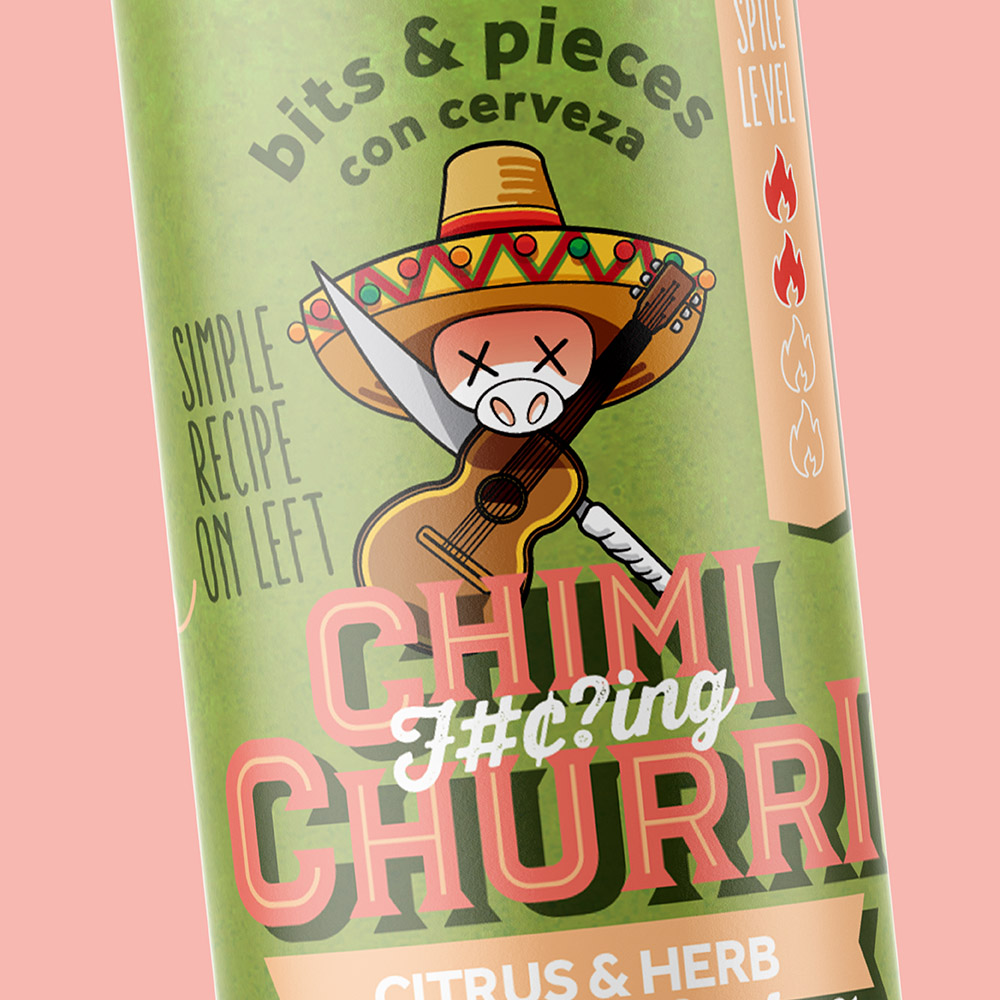
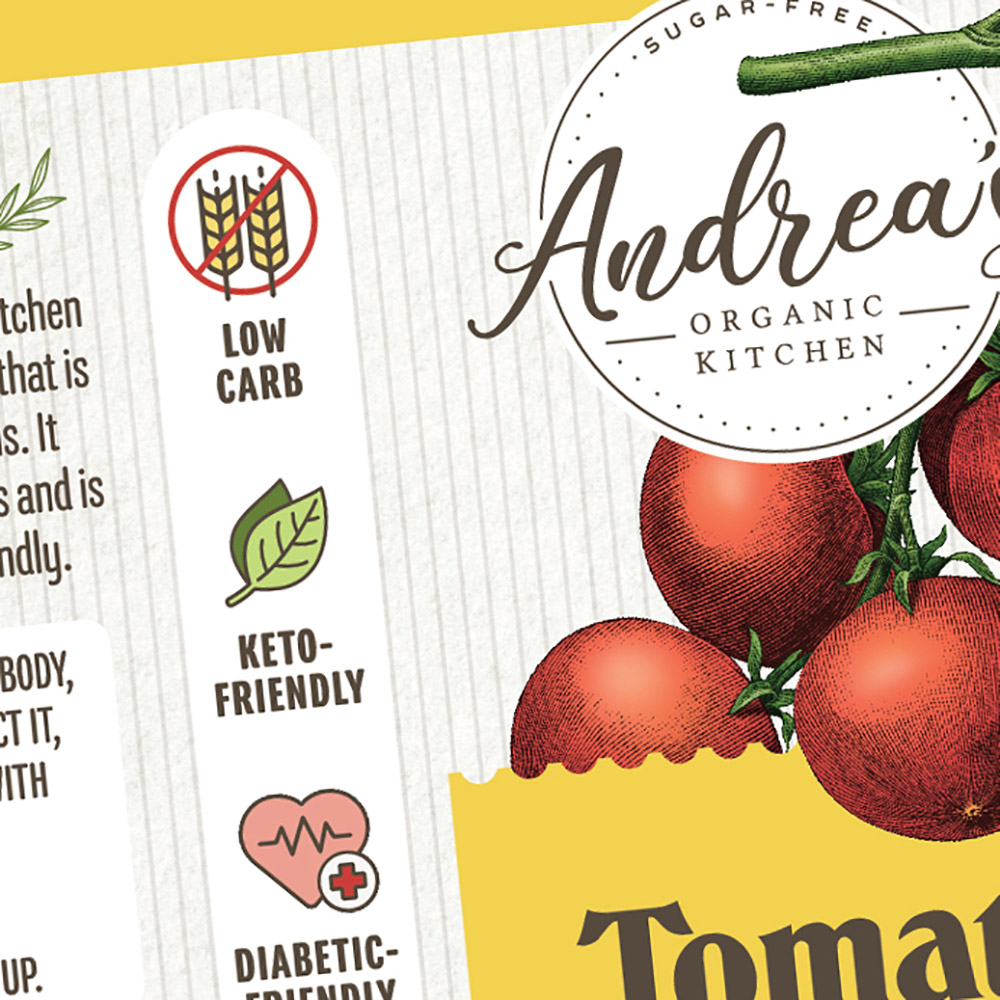
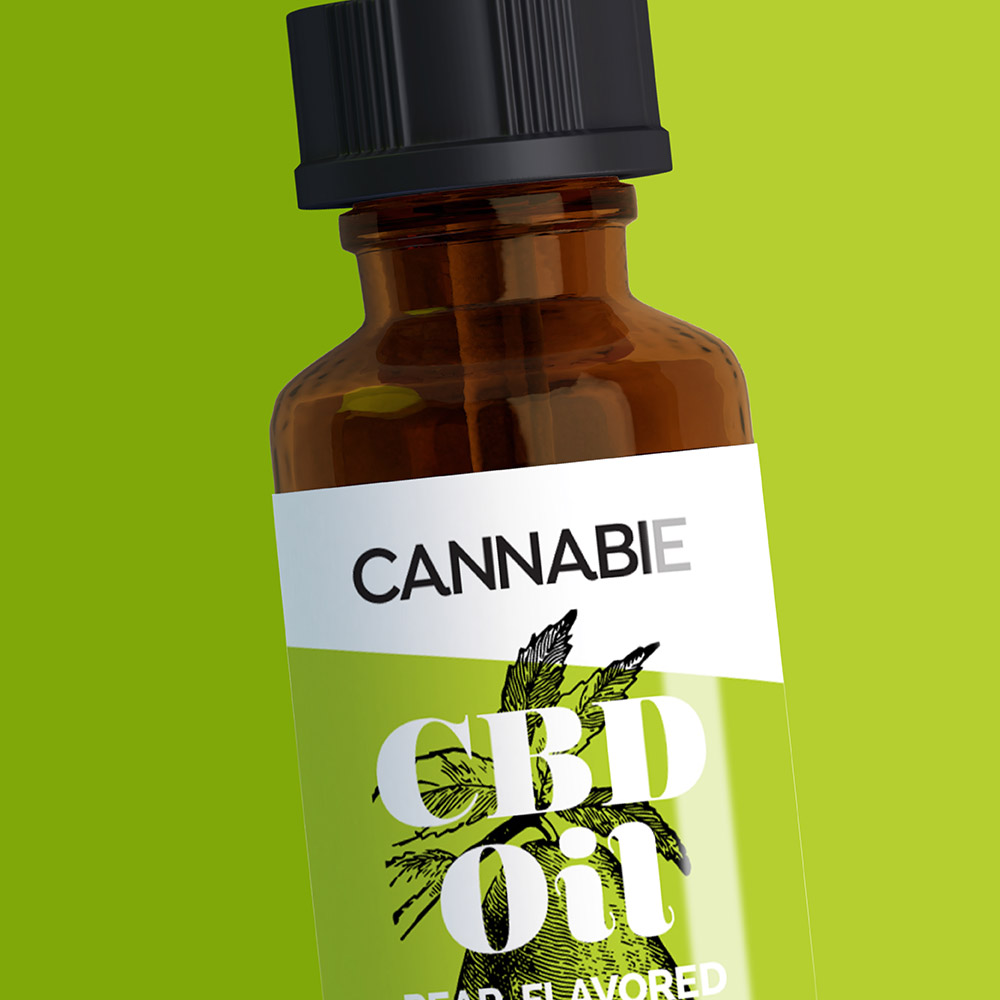
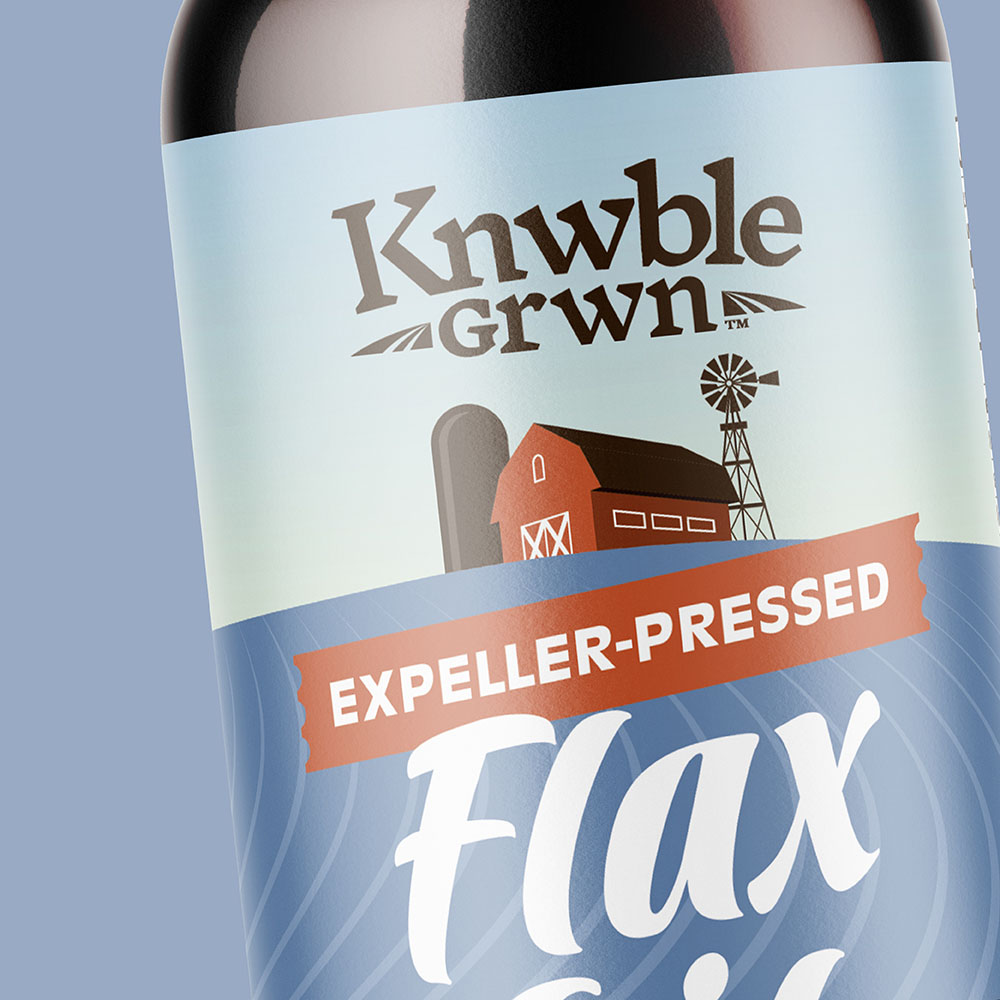
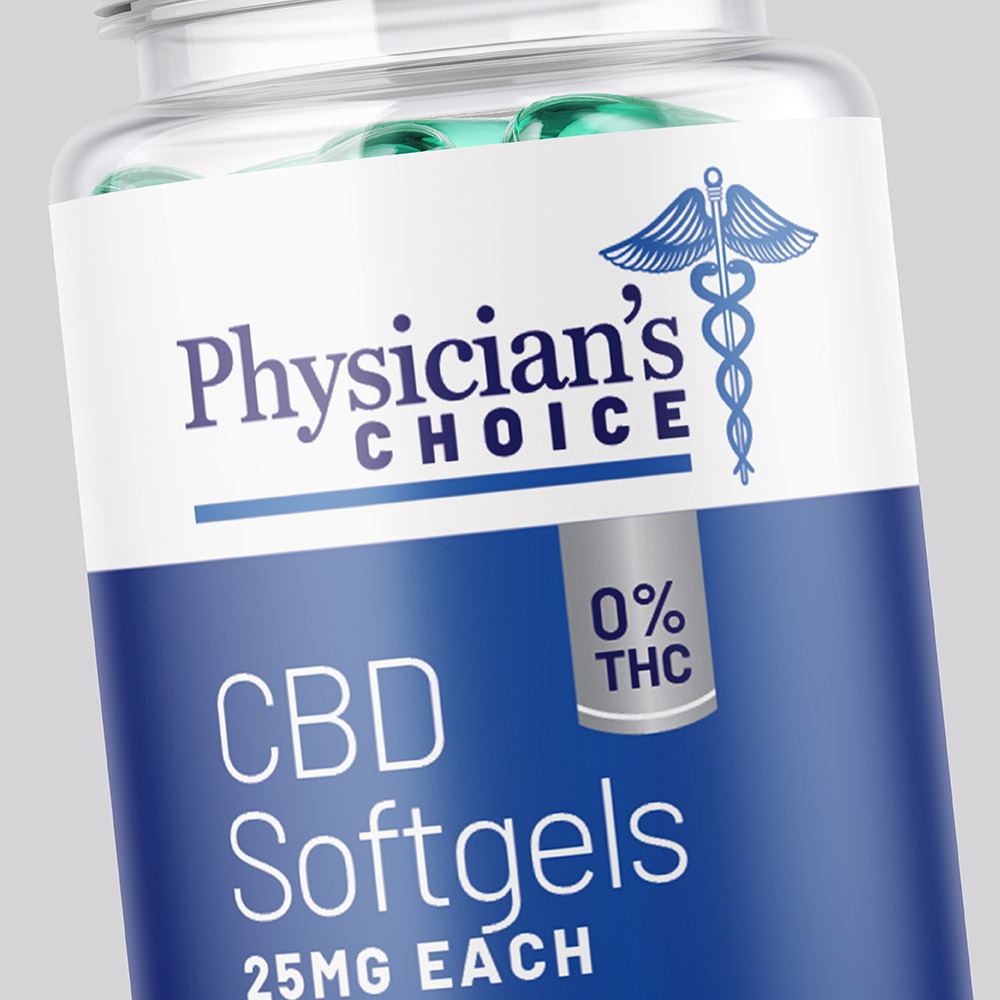
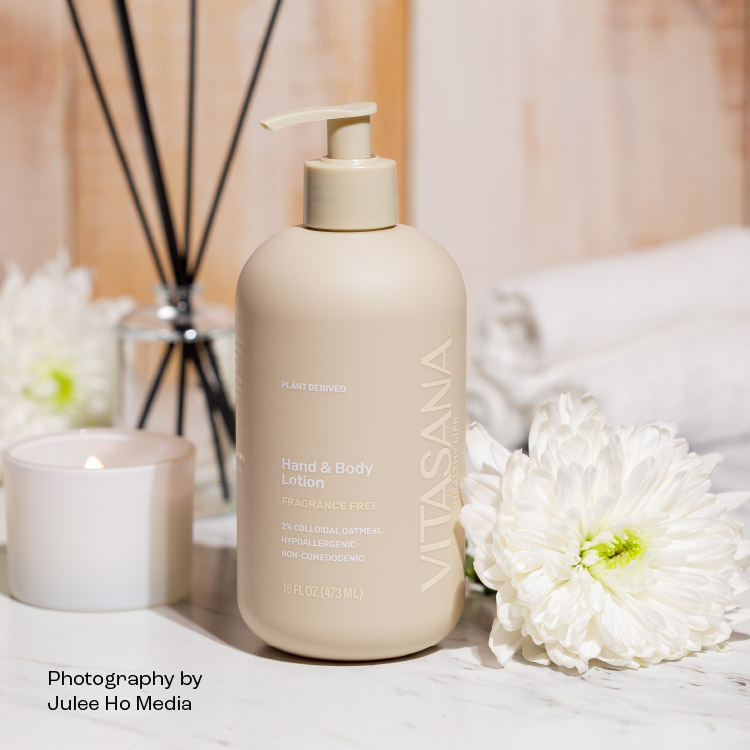
Need services beyond what we offer?
Let us connect you with our favorite printers, copackers, product photographers, trademark experts, and more!
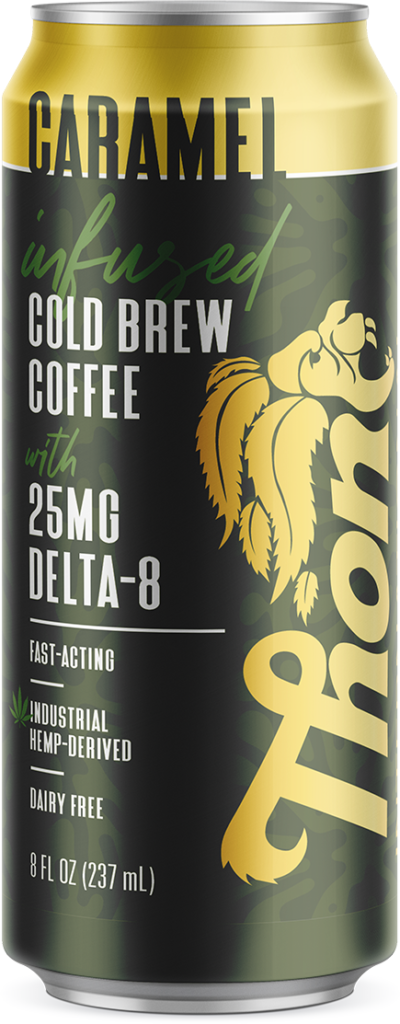
Just enter your email to receive this list, along with more tips, tricks, and industry trends.